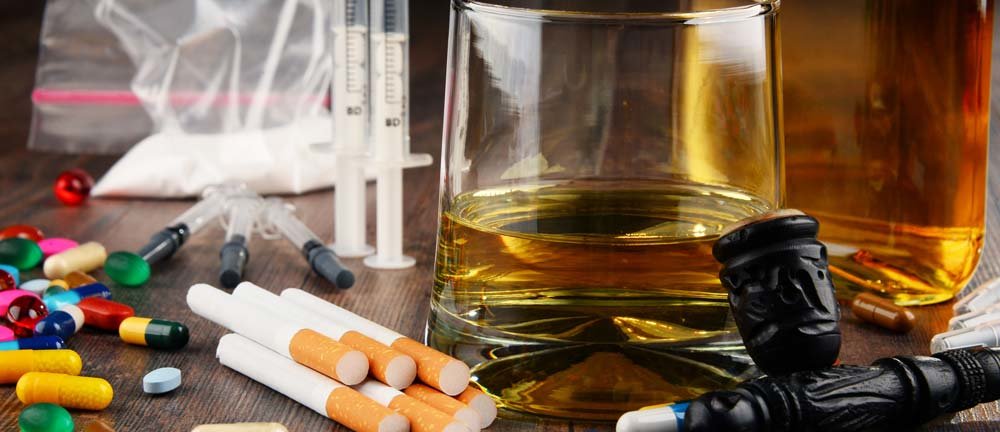
There are few more controversial subjects than that of addiction; perpetually bogged down in inane political correctness and “feel-good” labels. But like it or not, America is an addictive society. My definition of addiction has grown out of more than 30 years of clinical experience. I call it a “shortcut to happiness.” But sadly, it’s a shortcut to a dead end.
Clinical psychologist and addictions expert Stanton Peele, Ph.D., characterizes addiction as an attempt to, (1) feel powerful, (2) inspire a sense of well-being through an artificial sense of control, and, (3) manufacture predictability and safety. According to Dr. Peele, addiction results in negative consequences that diminish the addict’s concern for (and ability to relate to) the rest of life. There must be an alternative.
A person who is truly motivated to rise above his or her addiction(s) must first develop long-range goals (such as a fulfilling career) to determine short-range actions. Secondly, the post-addict must create “mini-goals” that serve as intermediary steps toward whatever goal they choose. Third, he or she must have confidence that there is no “mystery” to accomplishing these things – other than hard work, relentless focus, and passion for achievement. Lastly, the addict must develop a true sense of power; the kind of power one feels after attaining crucial victories.
The addict’s ill-fated attempt at a shortcut to happiness is supposed to bring about feelings of power and control. In fleeting (yet foggy) moments, the addict may actually feel like the scientist, the writer, the businessperson or the artist they might wish they were. But once the rush subsides, the sad fact remains that reality offers no such shortcuts. Artificial efforts are destined for failure and this “hangover” effect can lead to depression, making it even harder to achieve goals. When the addict can no longer evade this reality, she may collapse in despair, or she might actually begin her recovery. I call this revelation an “emotional course correction.” It is at this point, both metaphorically and perhaps even literally, where the addict either survives or perishes.
The term addiction applies not only to drugs and alcohol, but to other types of behaviors prone to excess: spending, sex, gambling, eating, and so forth. No matter what the poison, the addict is ultimately at the mercy of his or her own self-defeating beliefs. Examples of these might include thoughts and self-talk such as, “Happiness should happen to me. It’s not fair that it’s happening to others and not to me. Happiness is a blessing, not an achievement.” Wrong! Happiness is always an achievement. It’s the result of working toward long-range goals and the day-to-day mini-goals on the way. It requires continuous effort and a rational outlook on reality, and wishing or lying doesn’t make it so. (Addicts are famous for lying.) One of the most powerful tricks an addict can play on him- or herself is to think, “Live for today; live for the moment!” Wrong too. Enjoy the moment, but not to the detriment of long-range goals. Without a purpose in life, it’s impossible to make effective decisions in the present. Live happily and stress-free today by thinking and planning for tomorrow. The two are perfectly compatible.
An addict will try to convince himself that, “Knowledge is a mystery. My mind is unable to know things, so why even try? I give up.” A sad rationalization if there ever was one. Reason is the method by which we know things. Thinking is fallible, but if it’s practiced consistently, one is guaranteed to gain more self-confidence.
The final nail in the self-esteem coffin is the idea that, “Living for others is the only way to be a good person.” Wrong again. Charity begins at home. You must first take care of yourself, and then and only then can you take care of others.
Ending addiction doesn’t just mean stopping bad behavior. It means changing the way you think. A healthy outlook on life and a respect for reality can help make that task a lot easier.
Follow Dr. Hurd on Facebook. Search under “Michael Hurd” (Rehoboth Beach DE). Get up-to-the-minute postings, recommended articles and links, and engage in back-and-forth discussion with Dr. Hurd on topics of interest. Also follow Dr. Hurd on Twitter at @MichaelJHurd1, drmichaelhurd on Instagram, and see “Michael Hurd” on MeWe.
